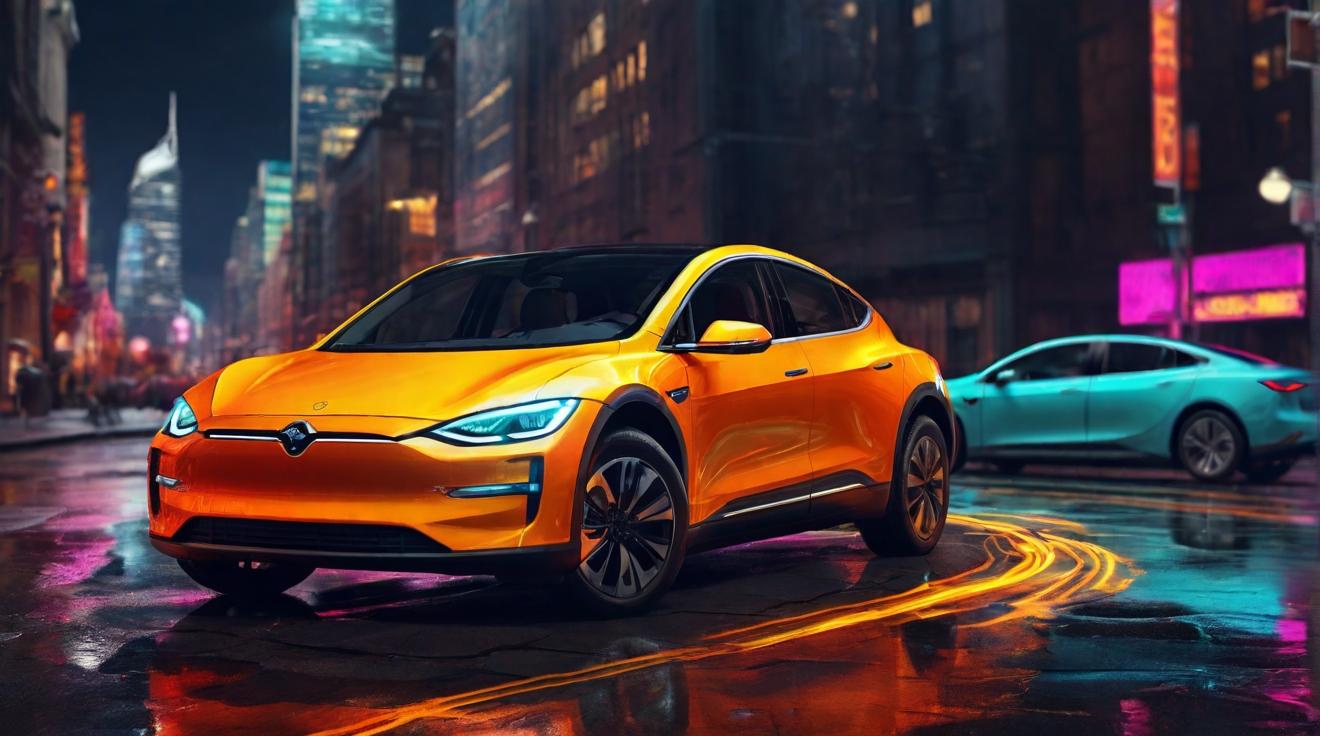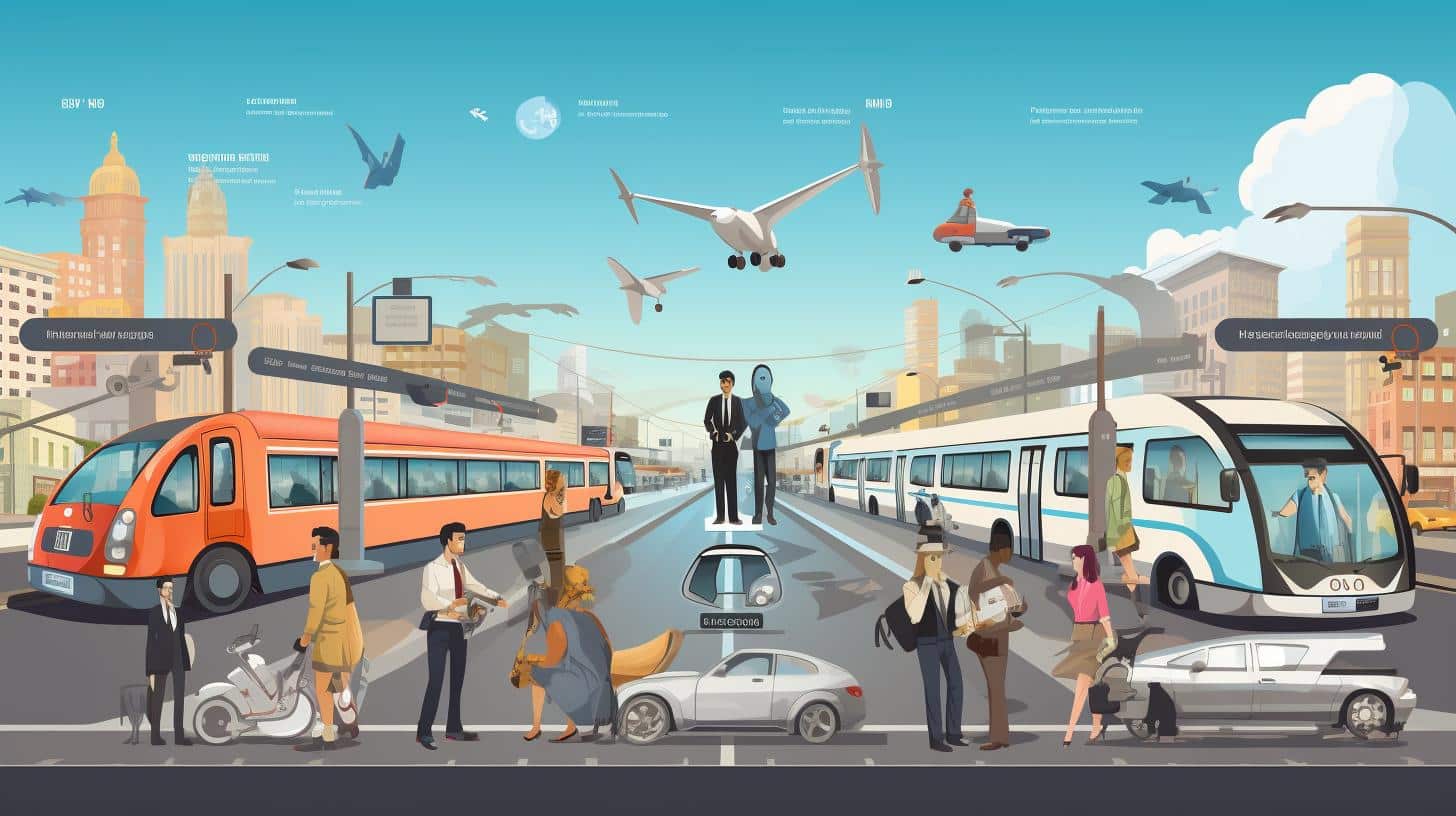Fossil Fuel Giants and the Battle Over the Future of EVs
In an environment where the need for sustainable energy has never been more critical, fossil fuel companies are seemingly making headlines for all the wrong reasons. Amidst growing concerns over climate change and the urgent call for renewable energy solutions, these corporations are spotlighting their stance on electric vehicles (EVs) and hydrogen as the fuel of the future. But is this narrative taking us down a path detrimental to our planet's future?
The Tug Of War Between EVs and Hydrogen
At the heart of this controversy lies the battle lines drawn between the rapidly emerging electric vehicle market and the concept of hydrogen as an alternative fuel source. The discourse hinges on a critical question: Which energy source will power the future of transportation? On one side of the spectrum, EVs have made significant strides, driven by technological advances and a surge in consumer demand for cleaner, more sustainable modes of transport. Conversely, hydrogen, often touted as the fuel of the future, faces substantial infrastructure and scalability challenges, casting doubt on its feasibility as a viable alternative.
The Misinformation Campaign Against EVs
Recent reports have shed light on concerted efforts to undermine the electric vehicle industry. Critics argue that a mixture of misinformation and disinformation is being circulated, with some governmental bodies acting on such unverified claims, leading to what many describe as questionable public policy decisions.
This misinformation campaign does not merely aim to sow seeds of doubt about the efficiency and reliability of EVs but also seeks to divert attention away from the environmental and economic benefits of embracing renewable energy sources. The implication of such actions could have dire consequences, not just for the progression of clean technology but for the global fight against climate change.
Renewables and the Democratic Energy Landscape
At its core, the transition to renewable energy sources, including EVs, symbolizes a move towards a more democratic energy landscape. This shift offers the possibility for individuals to make choices that collectively contribute to a more sustainable and equitable future. The development of the EV market, in particular, has given consumers a tangible way to participate in the clean energy revolution. However, the continued propagation of the hydrogen narrative by certain fossil fuel entities poses a significant threat to this momentum, potentially coaxing the public into a false dichotomy of energy sources.
The Global Implications of Energy Choices
The stakes are high as the world grapples with the pressing need to transition away from fossil fuels. The energy decisions we make today will not only determine the health of our planet but also the economic opportunities and geopolitical dynamics of tomorrow. Critics warn that yielding to the agendas of those vested in the fossil fuel industry could lead to a future where energy markets are dominated by central oligarchies, rather than being driven by innovation and access for all.
The contrast between the visions for the future of energy—dictated by the interests of the few versus the collective good of humanity—underscores the urgency of the situation. It's a critical juncture that calls for informed decision-making, robust public discourse, and a steadfast commitment to advancing the cause of renewable energy.
Conclusion
As the debate rages on, it's clear that the battle for the future of transportation and, indeed, the future of our planet, is far from over. The choice between embracing the potential of EVs and falling back on the promises of hydrogen is more than a matter of energy policy—it's a choice about the kind of world we want to live in. As we navigate through these turbulent times, the imperative to prioritize sustainability, innovation, and equity in our energy systems has never been more apparent.
Analyst comment
Neutral news
As an analyst, the market for electric vehicles (EVs) will continue to grow rapidly due to technological advancements and consumer demand for cleaner transportation. However, the feasibility of hydrogen as an alternative fuel source is questioned due to infrastructure and scalability challenges. The misinformation campaign against EVs could have negative consequences for the progression of clean technology. The transition to renewable energy sources signifies a move towards a more democratic energy landscape, but the propagation of the hydrogen narrative by fossil fuel entities poses a threat to this momentum. The energy decisions made today will determine the future of our planet and have global implications. The choice between EVs and hydrogen is a choice about the kind of world we want to live in, emphasizing the importance of prioritizing sustainability, innovation, and equity in our energy systems.













